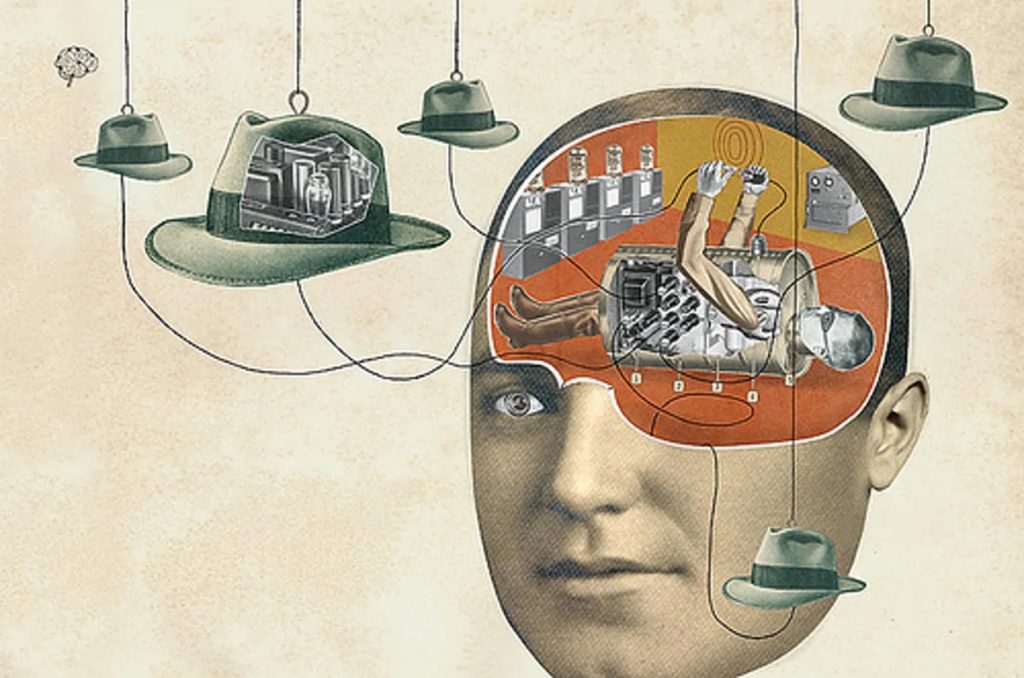Stay Clear of the Door

Written by David Lyreskog
In what is quite possibly my last entry for the Practical Ethics blog, as I’m sadly leaving the Uehiro Centre in July, I would like to reflect on some things that have been stirring my mind the last year or so.
In particular, I have been thinking about thinking with machines, with people, and what the difference is.
–
The Uehiro Centre for Practical Ethics is located in an old carpet warehouse on an ordinary side street in Oxford. Facing the building, there is a gym to your left, and a pub to your right, mocking the researchers residing within the centre walls with a daily dilemma.
As you are granted access to the building – be it via buzzer or key card – a dry, somewhat sad, voice states “stay clear of the door” before the door slowly swings open.




